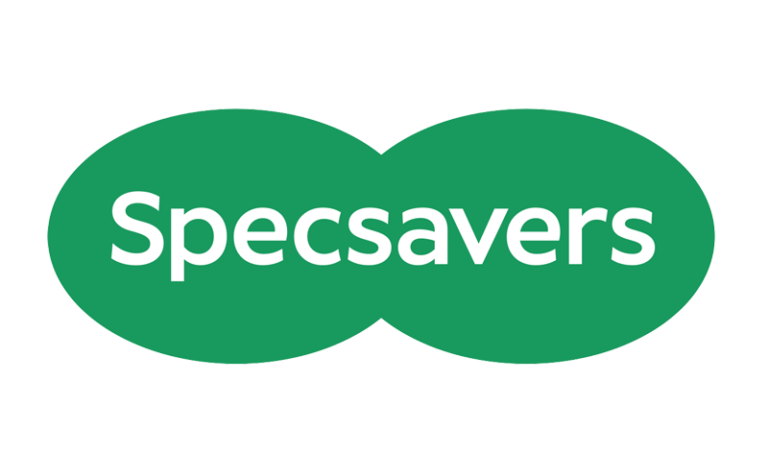Adelhelm New Zealand provides Kiwi businesses with a new way to conduct Employment and Industrial Relations.
Our expert consultants and negotiators provide a modern and balanced approach that de-mystifies employment and industrial relations and resolves tough negotiating issues for you.
We work proactively with your organisation to enhance your relationships with employees, increasing productivity and engagement and reduce the risk of disputes.
Adelhelm New Zealand will partner with your business day-to-day, speaking your language and build confidence in your management team by delivering strategy and practical tools that provide quality results.
Some of the clients we work with














